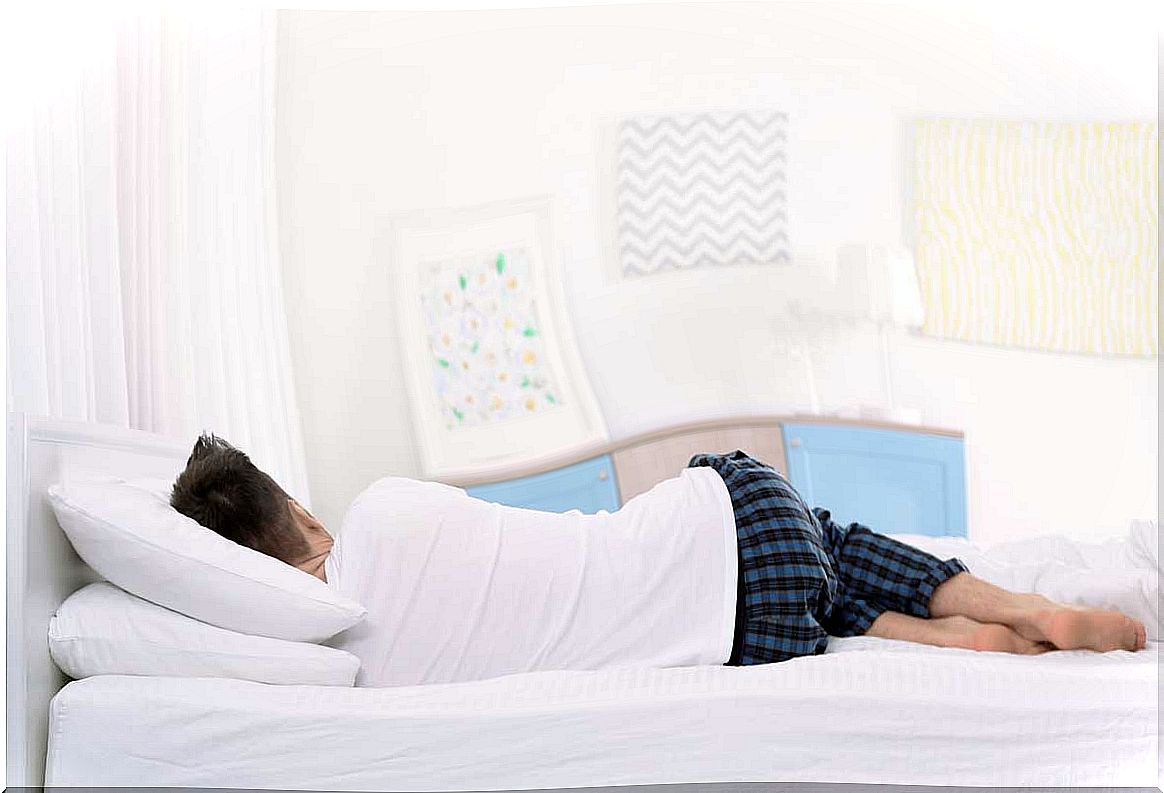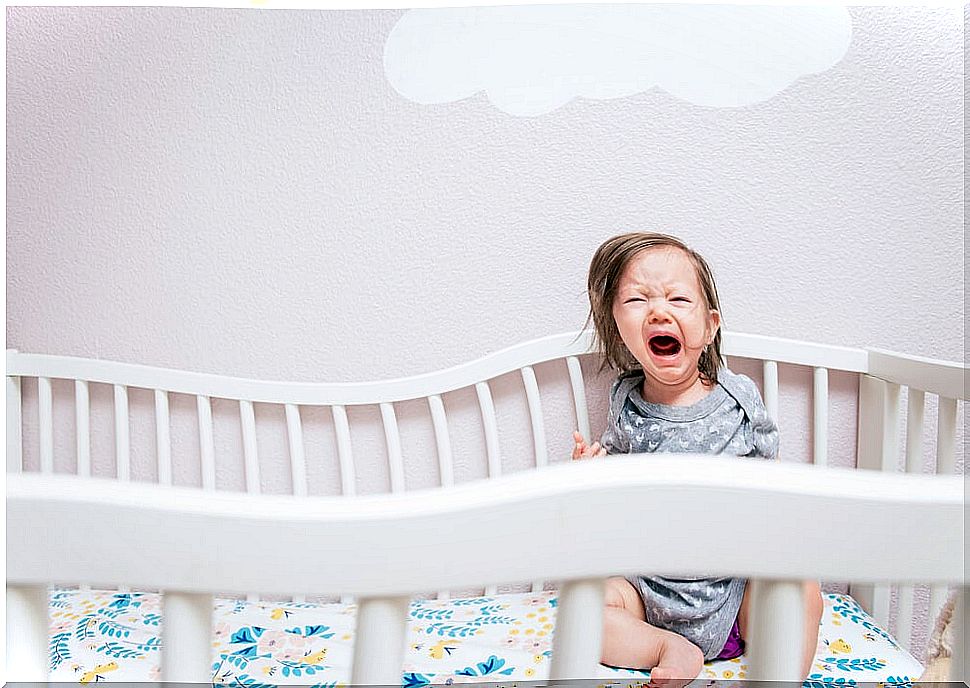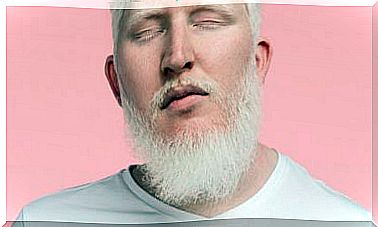How Many Hours Should We Sleep Every Day?
Some indicate that the correct measure is 8 hours, others say that 7 is enough, but really, how many hours should we sleep per day?
The ideal sleep time varies from person to person. The popular belief that seven or eight hours a day is not necessary, at least not for everyone. Let’s see why.
Sleep, an important part of our life
There is no doubt that we all need sleep, regardless of our age, our profession or our daily activities.
The fact of the matter is how long is long enough.
If we add up all the hours we sleep per year, it is probably the activity that we do the most or the longest amount of time in our life.
And also, the rest of the things we practice every day will depend purely and exclusively on the rest we have. If we don’t sleep well, we can’t study, work, cook, etc.
According to popular belief, we have to sleep eight hours, but this is not as beneficial as we think, especially in some cases.

Nowadays, this idea is becoming more and more obsolete, since other questions are studied in detail, such as the levels of productivity of a person.
Every person is a world
Daniel Kriple is one of the most prestigious sleep specialists in the world. He has found that people who usually sleep between six and a half hours and seven and a half hours a day are happier and more productive.
Also, sleeping eight hours or more is worse than sleeping just five.
It is good to know that these figures may vary slightly from person to person. Not everyone needs the same to feel “restored.”
It has a lot to do with genetics, physique, and the tasks you do on a daily basis.
This does not mean that someone who is all day from here to there should sleep more because perhaps someone who stays at the PC working 8 hours in a row needs it more.
The problem begins when we sleep less than necessary.
We can lose the ability to do certain tasks, it is believed.
However, it seems that this is also a myth. A person with lack of sleep can sometimes even work better than one who “respected” the stipulated number of hours.
The difference lies in the fact that the one who slept the least will have the least chance of regaining her concentration and focus.
Napping and productivity

More and more companies are choosing to offer their employees the option of taking a nap after (or inside) lunchtime.
If a person takes a nap around three in the afternoon, that is, when their work capacity is reduced as in “free fall”, then a little rest will add an hour and a half more to high performance.
It is also not necessary to overdo it with the nap because otherwise it will be impossible to refocus.
A perfect nap should not exceed 45 minutes. This is how the Sleep Institute warns.
This habit will lead to being less tired, having better spirits and being more efficient in whatever task is carried out.
How many hours should we sleep according to age?
Each age group has a specific need in terms of sleep (as well as in relation to food, exercise, health care, etc).
1. Babies
The little ones develop very quickly and for this they need to sleep about 17 hours each day to continue with this process.
At birth, the biological clock that allows dividing between the two cycles, diurnal and nocturnal, has not yet developed, which is why, up to the first six months, they can sleep more during the day than at night.
In turn, babies alternate periods of REM (rapid eye movements) and NREM (deep sleep) just like adults.
But the little ones are usually more in the first phase, so it is easier for them to wake up.
2. Young children

In this group are children between 1 and 2 years old. They are very active at this stage of their life and need a lot of time to rest each day.
The average recommended by pediatricians is ten and thirteen hours a day.
Some parents think it is better to let him sleep through the night “straight” and others to take small daytime naps.
It is important that the cycle adapts to every family.
3 kids
Those who are between 3 and 12 years old suffer the most from nightmares.
They are also the most active and are constantly learning. This tires them and makes them sleep more.
Sleep can vary between eight and eleven hours a day. As they get older they need less time to recover from activities.
4. Adolescents
What they need to sleep is nine hours, although most of them do not comply for different reasons.
They often want to stay up late watching television, on social media, or playing video games and then get up at noon.
This is only permissible on holidays, because afterwards they must comply with the school hours.
In addition, when puberty is reached, a greater amount of the sleep-related hormone melatonin is produced, which makes the young person feel more tired than before.
You must respect the sleeping hours.
5. Adults

The average is eight hours of sleep, but as stated before, this is relative.
Some require less sleep (six to seven hours) and others more (nine).
You can “allow” less sleep one night or directly “go on”, but the problem is that when this happens many times a week, a very large imbalance occurs and does not allow different tasks to be performed.
6. Elderly
The need to sleep does not diminish with age, but what happens is that after the age of 60, people have less deep sleep.
Therefore, it is more likely that you only sleep four hours a night, that you get up very early, etc.
Knowing these data we can assess how many hours we should sleep according to our routines and habits. How many hours do you think you need to wake up rested?









